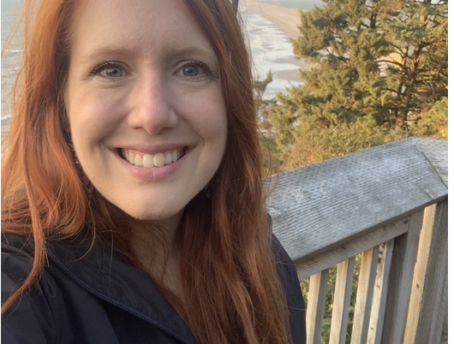Emergent Educators’ Advisory Council
The Emergent Educators' Advisory Council (formerly Young Educators’ Advisory Council) is a working group of educators in their first few years of teaching from rural classrooms around the country. Members advise RSC on how to support the recruitment, preparation, and retention of young rural teacher-leaders, and receive professional development in implementing Place-Based Education and grant-writing into their classrooms. Council members come from within our hub regions, and represent the diverse schools in our Regional Hub network.
What Council Members Can Expect:
A National Voice: Participation in the council provides a platform for the amplification of ideas and experience of its members; this manifests in intentional projects, storytelling, and a place in the wider RSC community, including digital events and social media.
Develop as Professionals: RSC will provide dedicated training via workshops in vital professional skills, namely in grant writing and Place-Based Education. These will be conducted by a combination of RSC staff, board, and members of our professional community. Membership on the council is also a great resume-builder!
Grow with a Cohort: Significant time will be dedicated to fostering opportunities for finding common ground and exploring pathways for partnership and collaboration. Inspired by your feedback from over the last year, RSC is excited to be a platform for teamwork and enhancing your individual efforts through collective impact.
Network and Wider Learning: Through professional development workshops, members will meet a wide variety of experts and leaders in rural education. If they wish to attend RSC events, such as the National Forum to Advance Rural Education or the RSC Hub Summit, there will be additional opportunities to network and learn from presenters.
- Support for Their Contributions: To honor members for their time and efforts, RSC will provide a $250 stipend for participation in the council. Additionally, educators will receive Professional Development Units without cost via Eastern Oregon University.
Logistics
Time Commitment: The council will meet every other month, in the evenings, for approximately 90 minutes. There may be pre-reads or other requisite work between meetings. Council members are strongly encouraged to attend and participate in other RSC events as they are able.
Length of term: A standard council term will run for one year, with potential to have a role in a second and third year to be determined by RSC staff and council members. Terms will begin in August, 2024, and run through June, 2025.
- Requirements: Council members must begin their council term in their first three years of teaching, and come from the general service area of our regional hub network partners. They may be of any age, teach any subject, in any rural school. Rural areas fall under one of six categories of the National Center for Educational Statistics classification (you can confirm that your school is eligible by checking your Locale Number to match 31, 32, 33, 41, 42, or 43).
Testimonials:
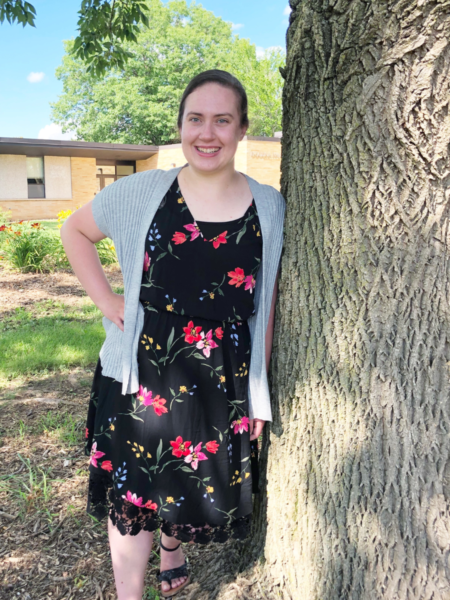
Abigail Parker
"I have very much enjoyed my time with the YEA council. As a first-year teacher, it was great to have other people in the same boat to connect with and be problem solvers together. Working in a rural place as a new teacher is a very daunting experience and can at times feel very lonely. I have very much valued my time spent on this council to connect with others. One of my favorite parts of being a part of the council is brainstorming solutions to problems in education. I am very thankful for this opportunity!"

Osbaldo Gonzalez
"RSC holds a special place in my heart as a first-year teacher. Their support made me feel truly valued and recognized. Being invited to participate in their podcast made me feel like a movie star, and the discussions we had during YEA council meetings brought valuable insights and perspectives to educators across the nation.
The opportunity RSC provided me with a grant was truly transformative. It allowed me to enrich my students' lives through art and create lasting memories. I am immensely grateful for the support and opportunities RSC has offered me. Thank you for making a difference in rural education."
Strengthening Teacher Retention
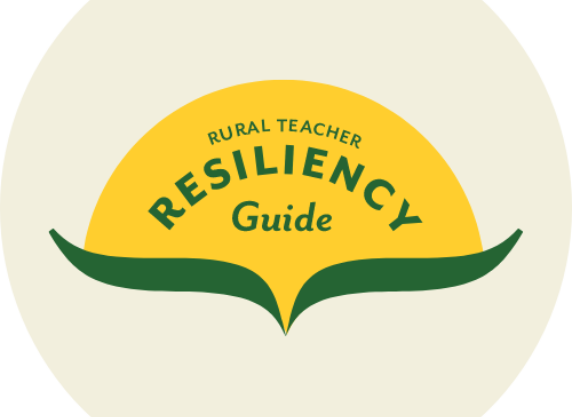
Rural Teacher Resiliency Guide
What's the key to making it through the first few years as a rural teacher? Check out advice from teachers in the field.
Young Educators Advisory Council members support projects like the new Rural Teacher Resiliency Guide. This guide features advice from early career rural teachers, teacher perspectives, and advice for administrators and community members to support and welcome new teachers.
Visit the Resiliency GuideEmergent Educators’ Advisory Council Alumni:

Adreanna Flint, Cuba, New York: 2020-2022 YEAC Alum

Celeste Haverkamp, Ignacio, Colorado: 2020-2022 YEAC Alum

Joseff Smith, Western, NY: 2020-2022 YEAC Alum

Courtney Gillen, Monmouth, IL: 2020-2022 YEAC Alum

Brittany Richardson, Livingston, Alabama: 2020-2022 YEAC Alum
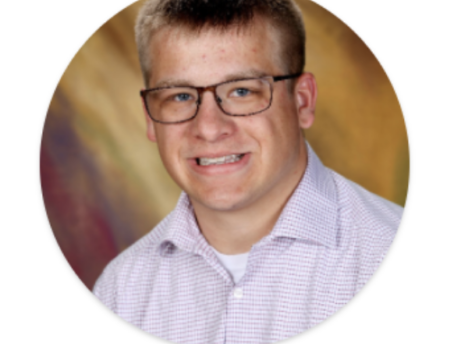
Nick Foertsch, Milnor, North Dakota: 2022-2023 YEAC Alum

Emma Rage, Kensel, North Dakota: 2020-2023 YEAC Alum
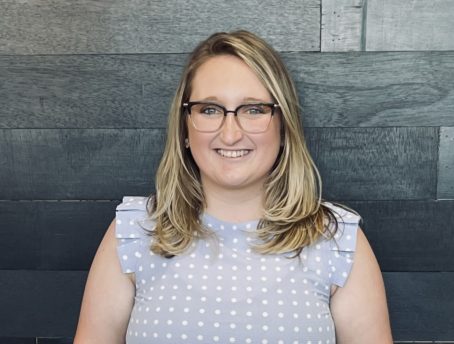
McKenzie Campbell, Abingdon, Illinois: 2022-2024 YEAC Alum
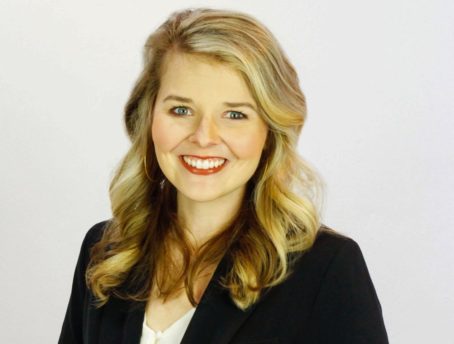
Sidney Freeman, Livingston, Alabama: 2022-2024 YEAC Alum

Maximillion Frommelt, Dodgeville, Wisconsin: 2022-2024 YEAC Alum

Osbaldo Gonzalez, Nyssa, Oregon: 2022-2024 YEAC Alum
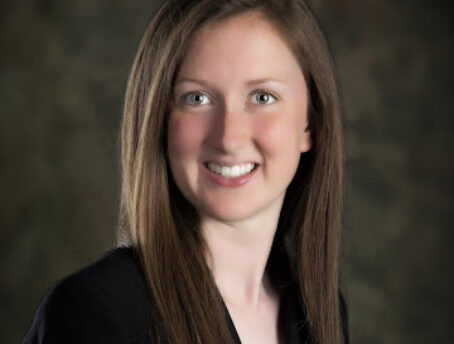
Megan Hawkins, Shoals, Indiana: 2022-2024 YEAC Alum
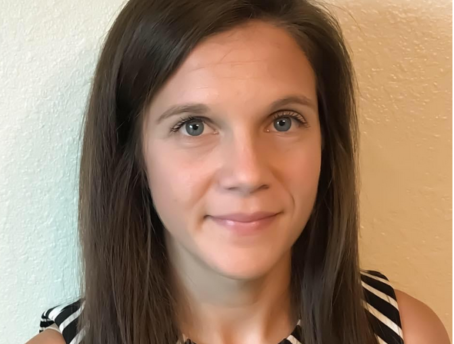
Bridget Larsen, West Plains, Missouri: 2022-2024 YEAC Alum
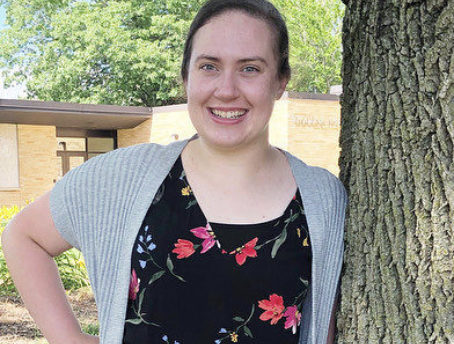
Abigail Parker, Coloma, Wisconsin: 2022-2024 YEAC Alum
